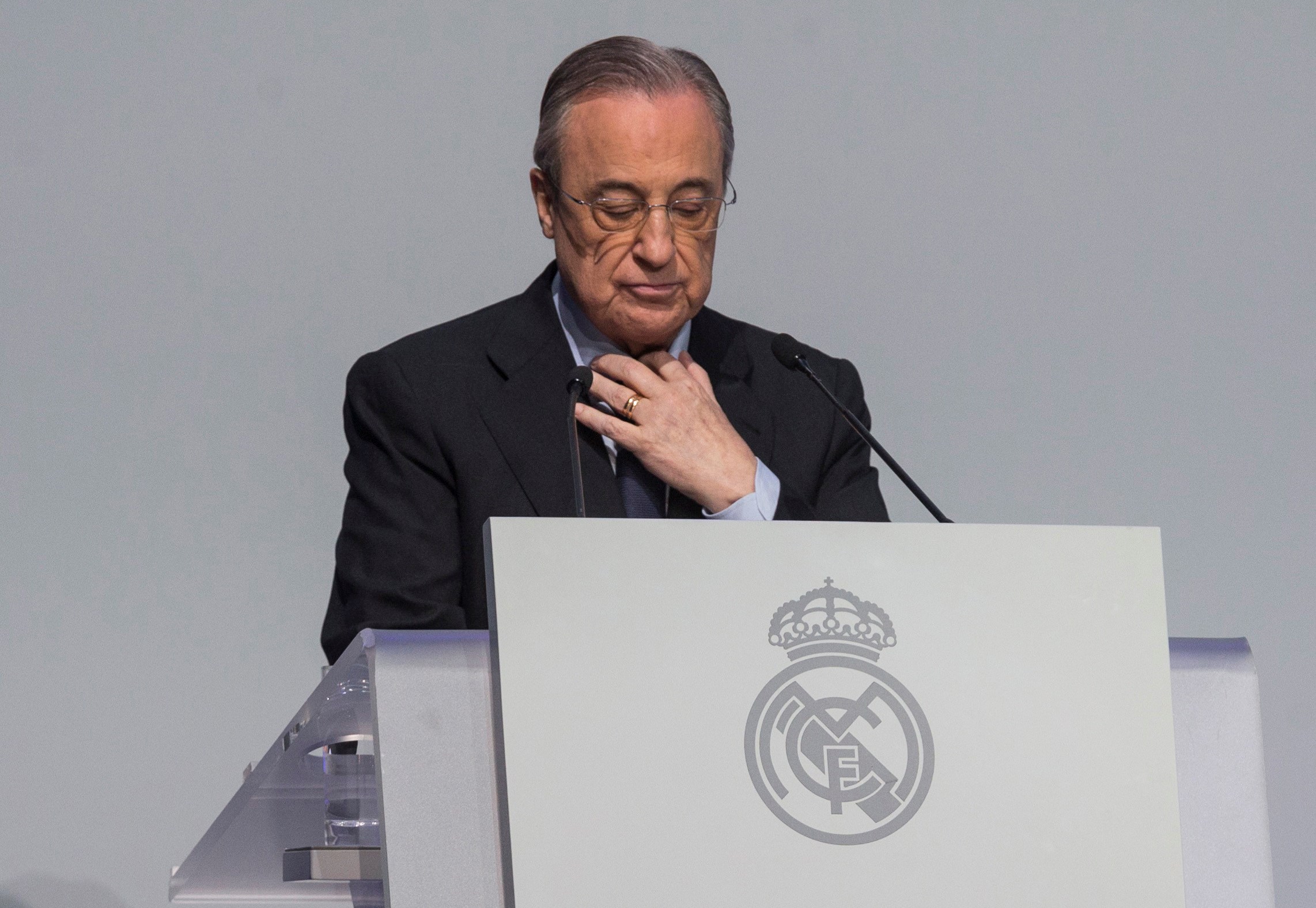It is the kind of conversation that usually gets heated over a few beers. Who are the biggest teams and how do you judge it? You can guarantee that no two people leaning against the bar in the wee small hours ever agree entirely about the stature of one side relative to another. The European Super League, though, was trying to end that debate once and for all by giving us no room for discussion – like the most brutal bouncer. If your name is not on the list, you are not getting in.
Many football fans reacted with revulsion while others did, quite simply, see it as a natural continuation of the direction of travel for some time. If the Champions League often felt like a closed shop – reserved for a handful of wealthy chums – the new set-up was supposed to actually be exactly that. Even the pretence of equity, fairness and allowing little clubs to dream of glory has been removed. Abandon hope, all ye who cannot enter here.
What was the basis of their logic in gathering up these “founding fathers” of a sporting revolution? You might, at first, be tempted to suggest that it was money and simple greed. However, was that even the case? How on earth do you decide – like those aforementioned pub disputes – what constitutes a big enough club to be involved?
A look at the most recent Deloitte's money list suggests that most of the continent's biggest earners were in there, for sure, but there were a few glaring omissions. No Bayern Munich or PSG, suggest their names must be top of the wanted list of the 12 clubs already committed. And on the flipside, of course, what about Milan's inclusion? Yes, a European giant, yes, but one without the financial clout – in that last study anyway – of even Wolverhampton Wanderers.
And there is the very hub of the debate, and what irks football fans. If anyone was drawing up our list of the best sides in the history of the European game there is no doubt that the Rossoneri would be included. But Manchester City? They were 34th in a recent UEFA study of clubs’ all time records in the European Cup. Tottenham Hotspur? A distant 66th. Their records pale in comparison with the likes of Porto, Benfica, Ajax or Celtic – none of whom so far have been invited to the party.
Maybe domestic success is the key? But then you could argue that Spurs two domestic league titles – the last of them in 1961 – don't make them much bigger than Roma, Napoli or even Fiorentina. They are all still awaiting their ticket to the big bash too.
Fanbase, then, is cited by the big boys who claimed millions of fans around the world. That's clearly the case for the likes of Real Madrid, Barcelona, Liverpool and Manchester United. But, again, there are a few teams who would think they could give Tottenham a game in terms of global support. I can almost hear the rumbling in Glasgow as I type – and justifiably so.
Of course, organisers said three more teams would have been added to their core group with the addition of five further invitations. But, no matter who they ask, they would never get us all to agree. We all have different ideas of what makes up the stature and standing of a club. Who made this group of mega-rich sides the judge of that? For those of us who have loved football all our lives, it felt like turning up at your own wedding and finding out a total stranger sent out the invitations – to people you do not know from Adam.
That was part of what made the Super League so unpalatable to so many fans. We love the debate and opinion but this wanted to pull the rug away from under that. They wanted to tell us who the best clubs were without leaving any room for doubt.
Even the make-up, with six English sides, seemed nonsensical to anyone with an ounce of the game’s history in their head. Countless teams across the continent could have made a strong case for taking part, many of them stronger than those that had been involved. It felt a lot better when this was just the subject of a daft debate after a couple of drinks too many. Thank goodness – in the end – everyone sobered up after a couple of days of this idea and came to their senses.”

